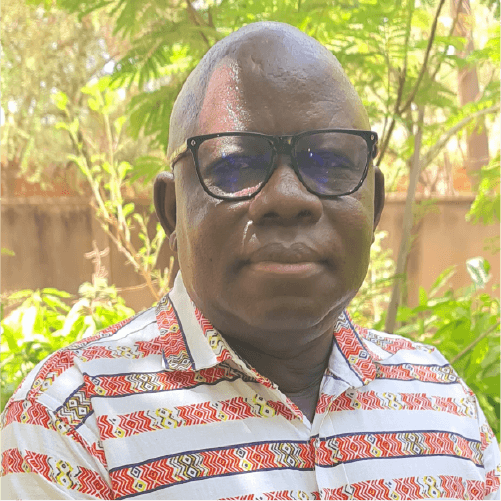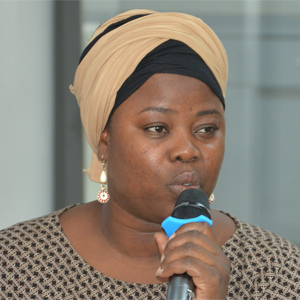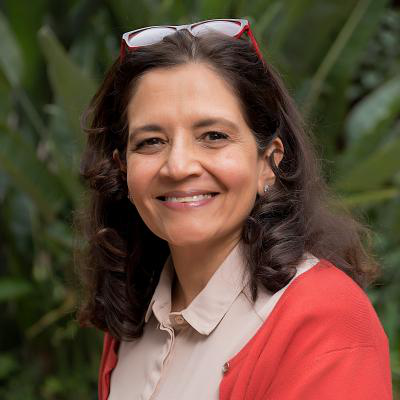Description
Liptako-Gourma is identified by the IPCC as a "hot spot", where human security is threatened due to climate change (CC). Drought, high temperatures, floods and strong winds affect the entire Sudano-Sahelian ecosystem. This leads to a decrease in the yield of ecosystem services, a decrease in herbaceous and forest vegetation cover, soil erosion, a diversity of plant and animal species.
Agricultural and forestry yields are falling, affecting more acutely women who must look for wood energy further away or who use the most marginal land. Vulnerability analyses show that the populations and biodiversity of this region are highly vulnerable to these effects and that the adaptive capacities of communities are limited.
The REELS project, designed by CECI and its partners (IUCN, CIFOR-ICRAF, WILDAF, the Liptako-Gourma Authority - ALG, VTI, Université Laval and RQFE) is based on the assumption that by empowering women, they will be able to provide greater leadership on climate issues and promote the adoption by their communities of climate smart solutions as responses to CC adaptation challenges (CCA) and biodiversity conservation (BD), while promoting greater social cohesion around collective issues related to the sustainable and equitable use of ecosystem services and taking into account the security context. The project operates in 6 regions of the 3 countries, Burkina Faso, Mali and Niger, in the so-called three-border area and directly target 867,932 people, including 602,787 women, including more than 100,000 internally displaced persons (IDPs). In addition to the impact of CCs, for this poorer and marginalized population than in the rest of these countries, the impact of violence caused by armed conflict on a large part of the region is added. The security context is one of the key parameters taken into consideration for the deployment of the initiative.






























